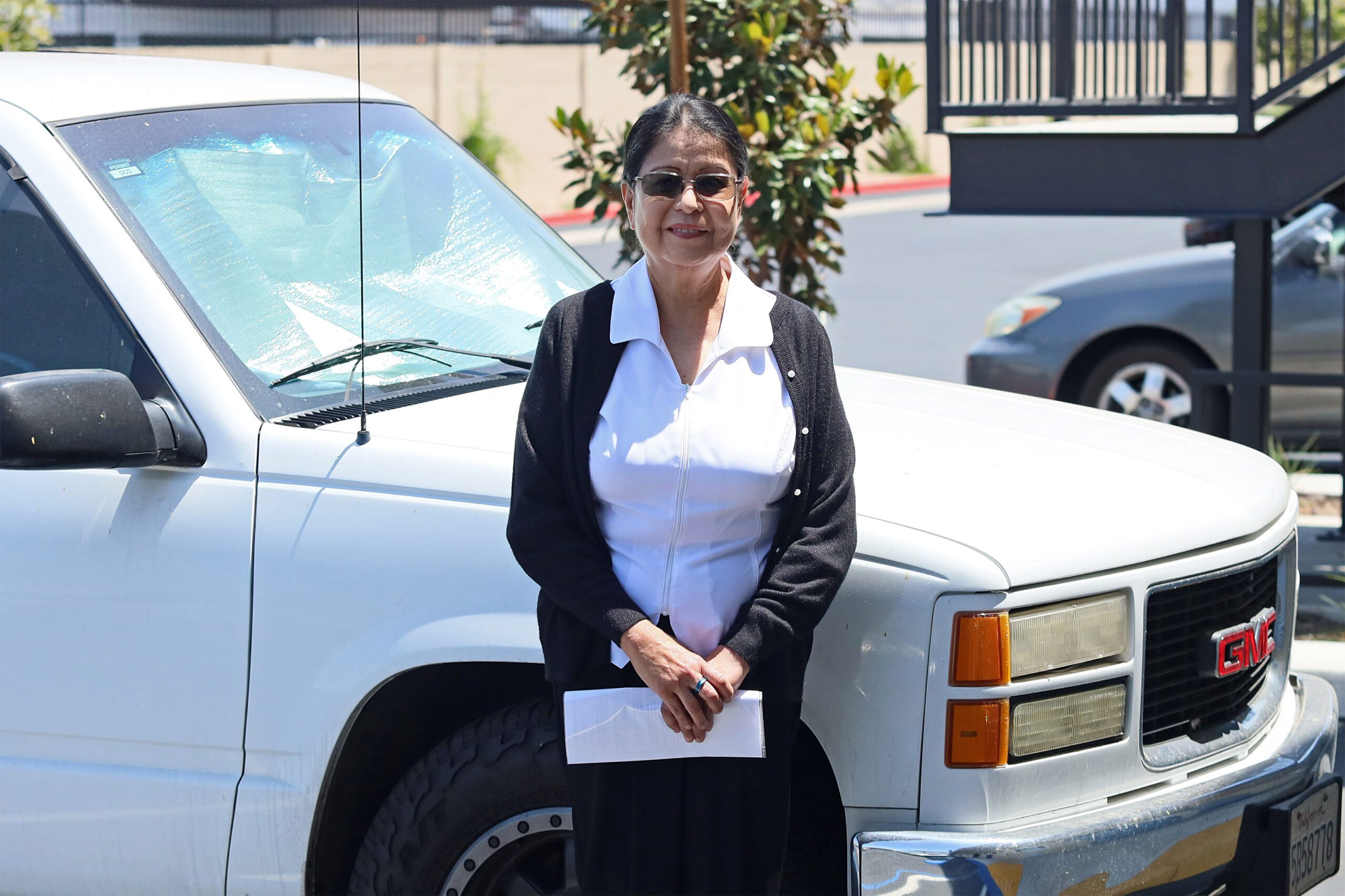A man is at his strongest when he is willing to accept his vulnerability.
Paulo Coelho
I’m often asked by emerging writers my advice on how they might turn something real, what actually happened, into fiction. My usual answer might be deemed flippant, but I believe in its simplicity there’s merit. I’ll say: “If you want to write about a person who loves peanut butter and jelly sandwiches on whole wheat bread, and in your story the person loves peanut butter and jelly on rye toast, that is fiction.”
 But I also believe there does not have to be a conscious choice to change a fact or facts to make something fictional. By the time a writer puts thoughts and memories to the page, the thoughts and memories have been transformed, have been changed, even if every-so-slightly. It’s like the childhood game “telephone,” where something is whispered into another’s ear at the start of the circle, and when the message moves around the circle and gets to the start, it is not close to the original content. Perhaps, what I’m getting at is that all writing can be considered fiction. And as Thomas Hardy opined, “The best fiction is truer than history.”
But I also believe there does not have to be a conscious choice to change a fact or facts to make something fictional. By the time a writer puts thoughts and memories to the page, the thoughts and memories have been transformed, have been changed, even if every-so-slightly. It’s like the childhood game “telephone,” where something is whispered into another’s ear at the start of the circle, and when the message moves around the circle and gets to the start, it is not close to the original content. Perhaps, what I’m getting at is that all writing can be considered fiction. And as Thomas Hardy opined, “The best fiction is truer than history.”
Which brings me to Bliss Road, a new release from acclaimed author Martha Engber. Described as a “memoir about living a lie and coming to terms with the truth,” the book brims with details from Engber’s life as the daughter of a father with undiagnosed Autism Spectrum Disorder (ASD). But what binds the work together, and makes it unique, is Engber’s creativity: her ability to turn first-hand experience, exacting research and informed insight into art. And a fast read. This is a page-turner, a text filled with intrigue and suspense, surprise twists and bursts of emotional unraveling and intellectual revelation.
Style and craft aside, Bliss Road is an important book for its subject matter. By definition, neurodiversities include neurological disorders such as Autism; mental illnesses like depression; dyslexia and other learning disabilities; and neurological impairments from stroke and other physical trauma. As such, ASD affects over 75 million people worldwide. Moreover, driven by both genetic and environmental factors, an estimated 15-20 percent of the world’s population exhibits some form of neurodivergence. And while most people think ASD primarily affects males, that theory has been blown out of the water by new studies, as recently reported in the Guardian.
Despite this growing momentum of discovery and outreach, ASD remains in many respects a mystery, something too often perceived as shameful and thus best hidden. Societally, the argument for learning more about neurodiversity and how to become more flexible, understanding and accepting is made stronger by statistics that suggest almost every family, whether nuclear or extended, has neurodiverse members
It is one of the reasons Engber wrote her book, and why she is active in helping people learn more about autism, neurodiverse conditions and the basic support necessary to have neurodiverse families thrive. To this end, and in answer to my questions about males in particular, she recommends that men who might think they are on the spectrum get assessed. She further adds:
If men know they’re on the spectrum and are in relationships with women, the couples should talk about whether having children is important. If they decide to have kids, I’d encourage them to consult child development experts who can provide the Autistic parent with tips on what to do — from birth — to emotionally connect with their children while learning strategies for dealing with challenges based on Autistic thought patterns.
Engber also hopes that advocacy efforts will persuade child development agencies of the need to provide parenting classes for Autistic people, as well those tailored to other neurodiverse people, which would help immensely in helping neurotypical children develop normally (emotionally, psychologically).
Referring back to her own experience growing up, and as detailed in the book, she concludes: “I’m sure neurodiverse dads, like all dads, want to be good parents to their children. They just need help in overcoming the challenges their neurodiversity presents, just like anyone else who faces a significant obstacle, whether a learning disability, mental health issue or physical adversity.
—
iStock image
The post ‘Bliss Road’ — Living a Lie and Coming to Terms With the Truth appeared first on The Good Men Project.
Original Article










